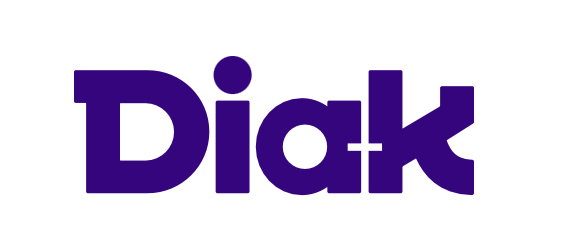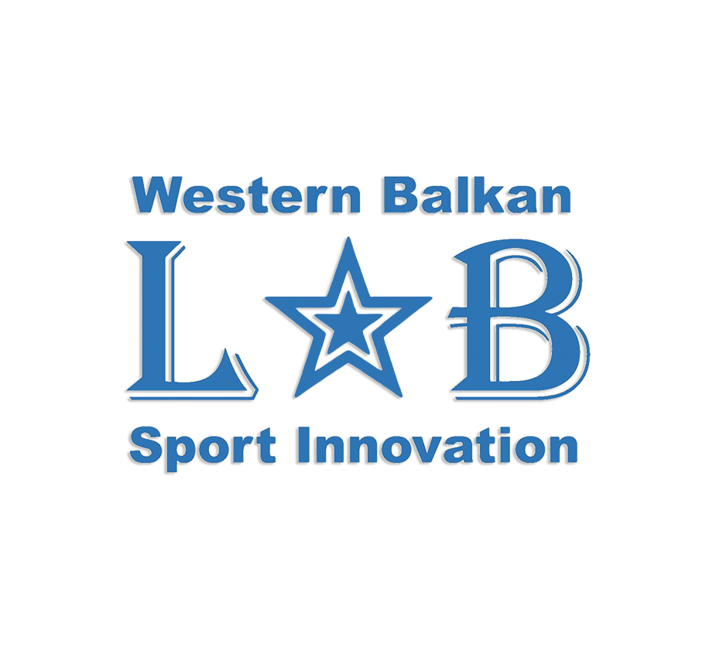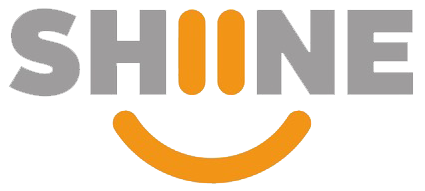The Cost Action is proud to announce that various labs were established during the Cost Action in the countries of the Cost members from 5 Seas: the North Sea, the Baltic Sea, the Mediterranean Sea, the Black Sea, the Greenland Sea/North -Atlantic Ocean. Please find some short information below.
RESPONSIBLE INNOVATION HUB at Northumbria University

Design Journeys to address systemic difficulties and establish fairer futures.
In order to design ways to actively transition into fairer and healthier ways of living, we need to better understand how systems create conditions that damage the planet and make life difficult, unhealthy and unjust for many people.
We build collaborative environments for design journeys revealing systems to help us see systemic and dynamic settings for societal challenges and understand the difficult decisions we face amongst competing factors and compelling priorities. We are concerned with the patterns of practices and behaviour that maintain and challenge system structures. Our task is learning how to recognise patterns and challenge them both in social and technical systems and our individual lives.
The Responsible Innovation Hub, ReIn, (pronounced ‘rain’), has been established to provide an experimental research enriching environment that delivers research enriched education, knowledge exchange and impact. It comprises academics, researchers, Innovators in Residence, doctoral researchers and post-graduate multidisciplinary innovation students. It integrates the Responsible Innovation Practice research group, the Northumbria Design for Social Innovation and Sustainability (nDESIS) Lab, and the Responsible Design Practice group producing opportunities for innovation practice research and teaching across the university. It is founded on more than 15 years of multidisciplinary responsible innovation research and education where our purpose is to employ the unique facilitatory practices of design, and our developing innovation constellations practice approach, to support diverse groups (publics) to engage creatively with complex societal challenges.
Thus, ReIn Hub cultivates design practices that enable a collaborative, systemic and critical approach to changing lives regionally, nationally, and internationally through responsible innovation education, research, and practice. UN Sustainable Development Goals, clustered as four ‘inquiry platforms’ provide structure and focus to ReIn’s activities and a basis for engagement with internal and external partners.
Contact: Dr. Nicholas Spencer, Associate Professor, Responsible Innovation Hub Director, School of Design, Northumbria University e-mail: nick.spencer@northumbria.ac.uk
BLACK SEA MULTIDISCIPLINARY INNOVATION LABORATORY TOWARDS SOCIAL CHALLENGES – BS MILab at Burgas Free University

On October 14, a round table was held at the Burgas Free University (BFU) within this Action. The topic of the regional event of the Working Group was “The innovations in the quadruple helix education-business-governance-society in the sea coastal areas”. There were representatives of the Municipal Council of Burgas, Regional Administration of Burgas, the largest employers – Lukoil Neftochim – Burgas and the Port of Burgas, non-profit organizations, UNWE, the American University in Bulgaria, the University “Prof. Dr. Asen Zlatarov ”- Burgas, BFU, the Vocational Trade High School, the Profiled English Language High School, many students, NGOs. The idea for the lab came as a result of the WG meeting.
Developing key competencies requires multidisciplinary teaching and learning. The challenge is to determine what we should teach in the future and how we should organize the teaching and learning processes. For this purpose, at BSU a Laboratory for Multidisciplinary Innovations and Social Challenges in the Black Sea (Black Sea Multidisciplinary Innovation Laboratory towards Social Changes – BS MILab) was created.
The official start of the Laboratory was given on 24.10.2022 during the “Youth for Europe” Conference, organized by Mrs. Iskra Mihailova – MEP and vice-chairman of the RENEW EUROPE group in the European Parliament. The main discussion questions are related to how best to educate and prepare young people for the new challenges of the 21st century, how to develop skills like critical thinking, entrepreneurial competences, creativity, knowledge exchange, innovation promotion. This necessitates the creation of knowledge networks between universities, public institutions and enterprises, which aim at cooperation and exchange of good practices.
Our goal is to demonstrate that by accepting the challenge to apply multidisciplinary innovations (MDI) and methods, we can respond to social problems with an approach supporting positive social change in the educational model and the development of professionally prepared specialists for the labor market.
The main goal of BS MILab is, through the effective projects and solutions, to become part of the overall process in the formation of educational strategies and policies in the fields of innovation, economy, technology and entrepreneurship. Additionally the BS MILab is to ensure the transfer and exchange of knowledge and good practices between national and international scientific organizations, technological centers and similar laboratories, as well as to find the right tool for their implementation in our country. In it, students, doctoral students, teachers and specialists from practice in various scientific fields will have the opportunity to develop their ideas and projects on significant social and economic topics and to share them.
The LABORATORY will support the preparation of students in the field of economics, technology and entrepreneurship for successful implementation in the labor market by integrating joint educational programs with other universities and using expert knowledge of specialists from practice.
The main areas in which well-established BSU lecturers and business experts are already working are “CIRCULAR ECONOMY”, “SECURITY OF STRATEGIC INFRASTRUCTURES AND PRODUCTS”, “AVIATION MANAGEMENT”, “MARITIME LAW AND COASTAL TERRITORIES”, “INNOVATION AND ENTREPRENEURSHIP IN THE PRIMARY AND IN PRE-SCHOOL EDUCATION” and “ELECTRONIZATION AND COMMUNICATION OF RESOURCES”.
Contact: Prof. Milen Baltov, Rector, Burgas Free University e-mail: mbaltov@bfu.bg
DIAKHUB at Diaconia Univeristy of Applied Sciences

DiakHub is a competence and co-development hub designed for collaborative solving of wicked problems relating to well-being, health and employment.
The activities are based on a collaborative development approach. We explore new solutions and ways of doing things by bringing together service providers, producers, users, UAS partners and students. We renew the operations of the public sector by investigating and developing customer-oriented, multisectoral and multidisciplinary cooperation and management.
Our expertise relates to people in challenging or vulnerable situations who need preventive assistance, identification of support needs, early interventions, personal interaction and various support services.
Contact: Dr. Harri Kostilainen, e-mail: harri.kostilainen@diak.fi
Western Balkan Sport Innovation Lab (WBSI) LAB in Podgorica, Montenegro

It is a non-governmental organization established in 2020 by the experts of the Western Balkan countries through COST program, as lab environment for respond to social problems in sport ecosystem. It is based in Podgorica (Montenegro) and the aim of the organization is to build links between sports and related disciplines, industry and knowledge organizations in the field of innovation, through creating business opportunities for its members, coordination and management of preparation and implementation of investment, research and development, organizational and IT projects, and through identifying opportunities for innovations that will meet the health, social, environmental and market needs of natural and legal entities living and working in the Western Balkans. It is focused on innovation in sport, leisure, health, tourism and more and striving for a innovative and sustainable environment to stimulate development within Sport Industry.
It has 3 pillars:
Education and lobbying
Research
Services
Through the first pillar, it is influencing policy makers at national, regional and European level to increase political attention and investments towards sport and physical activity, as well as empowering people with clear information to develop sport industry at large. Through the second pillar, it aims to create, coordinate or manage various types of research projects with dedication to advancing the insight inside all areas of Sport Industry. Lastly, through the third pillar, service, it aims to support dissemination of knowledge out of the schools – from scientific journals, through medias to end users from the sport and related industries from Western Balkan countries.
Contact: Dr. Radenko Matic, Assistant Professor, e-mail: radenkomatic@uns.ac.rs
The Disability Studies and Social Innovation Lab was established in November 2019, in connection with the SHIINE project to provide a platform for debates and development leading to highly effective and innovative solutions to social challenges identified in disability studies and transdisciplinary R&D. The lab was launched by our COST action members from the ELTE University Bárczi Gusztáv Faculty of Special Needs Education, Hungary: Dániel Csángó, Csilla Cserti-Szauer, Vanda Katona and Anikó Sándor in cooperation with other scholars from the ELTE University and the University of Essex School of Law, the UK.
Contact: Csilla Cserti-Szauer, ELTE Bárczi Gusztáv Faculty of Special Needs Education, Disability Studies and Social Innovation Lab
szauer.csilla@barczi.elte.hu

A new Centre for social innovation and social entrepreneurship was established in November 2019 at the School of Social Sciences, University of Iceland University of Iceland by our COST action members: professors Ómar H. Kristmundsson (Faculty of Political Sciences) and Steinunn Hrafnsdóttir (Faculty of Social Work).
The objective of the centre is to create conditions for social progress by becoming a centre of knowledge and learning for the Icelandic civil society, especially for new social entities “to grow”.
Specifically the aims are to:
- Create incentives and support for social innovation and new social entrepreneurs.
- Work on applied research and projects dealing with new approaches for social progress.
- Be a centre for education, training and public debate on social innovation, social enterprise and social entrepreneurship.
At the launching of the centre, an agreement was signed between the University, the Ministry of Innovation and Almannaheill, the umbrella organization for the third sector to create better conditions for civil society to work towards social innovation and social entrepreneurship in Iceland.
